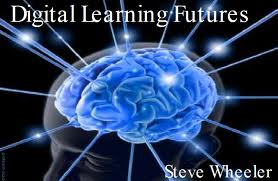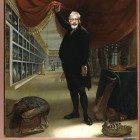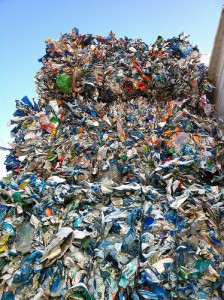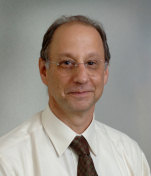
Learning with ‘e's: Education funnels and webs of learning
There has been a lot of discussion recently about the personalisation of education. The sticking point is that most education is publicly funded, the state has a major stake in how it's conducted, and therefore dictates what should be taught in schools. […]
by Steve Wheeler
Education funnels and webs of learning
There has been a lot of discussion recently about the personalisation of education. The sticking point is that most education is publicly funded, the state has a major stake in how it's conducted, and therefore dictates what should be taught in schools. Because of lack of space, time and resources (you will always have this problem when the state intervenes)  there is little latitude for personalised approaches and creativity is stifled. Every child gets the same content, and every child is tested in the same, standardised way. The result: children become disenfranchised and demotivated, teachers are exhausted and demoralised, schools are positioned unfairly in league tables, and governments measure success not through human achievement or creativity, but through cold, hard statistics. This is universal education, and if one size does not fit all … tough. Shame no-one has told the powers that be that universal education is unachievable.
there is little latitude for personalised approaches and creativity is stifled. Every child gets the same content, and every child is tested in the same, standardised way. The result: children become disenfranchised and demotivated, teachers are exhausted and demoralised, schools are positioned unfairly in league tables, and governments measure success not through human achievement or creativity, but through cold, hard statistics. This is universal education, and if one size does not fit all … tough. Shame no-one has told the powers that be that universal education is unachievable.
Ivan Illich railed against this mindset way back in 1970 in his anarchical, visionary critique of the school system. In Deschooling Society, Illich called for personal learning through informal learning networks, and rejected the funnelling approach of mass, unidirectional, instructivist education systems. More recently, powerful modern day visionaries such as Stephen Heppell and Sir Ken Robinson are saying the same thing. They ask how we can sustain a factory model of education ‘production', where children are ‘batch processed' according to their age groups. It's obvious to any teacher or parent that children develop at different rates, and all have different talents and interests. I suppose we have Jean Piaget and his fellow ‘stage theory' psychologists to thank for that kind of constrained thinking.
Continue reading “Steve Wheeler: Learning with ‘e's – Education funnels and webs of learning”







